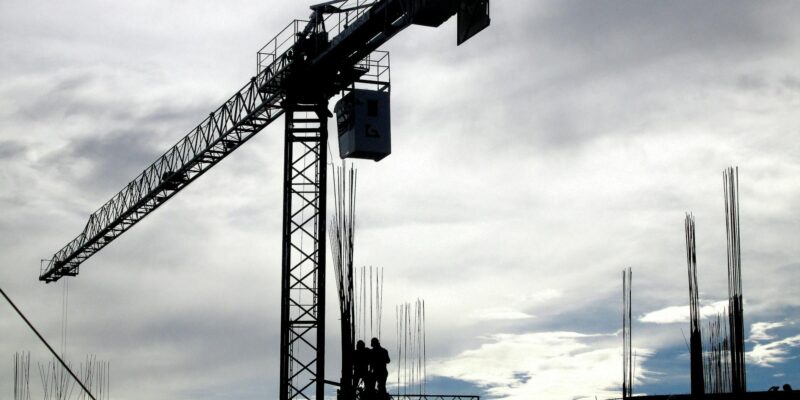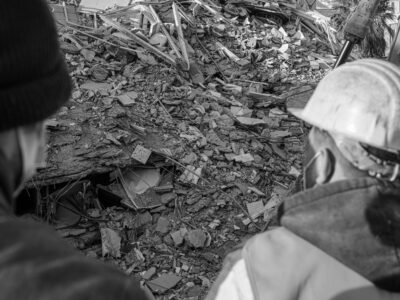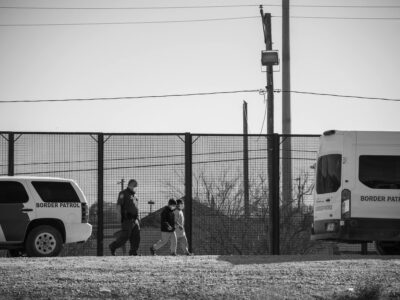Worawan Klinsawai

Pixabay, December 20th, 2016
The building collapse in Bangkok following the 7.7 magnitude earthquake left many migrant workers vulnerable, as they will likely struggle to receive compensation. Unable to provide legal documents, many feared their labour rights might not be met during Thailand’s disaster response.
When the powerful earthquake of 7.7 magnitude hit central Myanmar on March 28th, 2025, the tremors were felt widely across Thailand, including Bangkok. While the earthquake caused damage to several high-rise buildings in Thailand’s capital city, only the 30-story building of the State Audit Office (SAO) collapsed during its construction. At the time of the collapse, 103 Thai and migrant workers were trapped inside. As of April 8th, 2025, 21 casualties and nine injuries were reported, while 73 workers remained missing.
Following the incident, Thailand’s Ministry of Labour announced that affected workers and their families, regardless of nationalities, would be entitled to government compensation under the Social Security Scheme (SSS). Each deceased case will receive up to 1.7 million baht per family. The Ministry also pledged to cover medical expenses and unemployment benefits. Affected workers and relatives can submit formal requests along with required documents to the Ministry. For undocumented workers, however, the Ministry will provide legal assistance to get their employers to compensate them.
Despite the Ministry’s swift response, surviving migrant workers feared that they might not be able to make a claim for compensation. As many of them were informally hired, they might struggle to present the required documents for legal proceedings, such as work permits, visas, and official registration details. Moreover, some of their employers were subcontracted by the joint venture between Italian-Thai Development PLC and China Railway No. 10 (ITD-CREC), which has been under investigation for the use of substandard building materials and other suspicious activities. The ongoing investigation will likely delay their employers’ compensation.
The compensation process can also be difficult for affected families. Since only rightful family members are allowed to make a claim, spouses who did not have marriage certificates to prove their relationships might be left out of the process. Employers also threatened some family members not to provide DNA samples to the government, which furthered the risk of labour rights abuse. Many affected families who lived outside of Thailand might struggle to afford their trips to make a claim in Bangkok.
In practice, migrant workers remain vulnerable, particularly those who are undocumented or informally employed. Although the Ministry of Labour ensured that affected migrant workers would be treated on a non-discriminatory basis, the actual compensation process can be complicated and take a considerable amount of time.
The collapse of the unfinished SAO building raised multiple questions on how labour rights can be fully protected and how to ensure the inclusivity of informal migrant workers during the disaster response. It is also important to question employers’ responsibilities to strictly comply with labour rights standards, such as registering all construction workers with the SSS or providing insurance upon employment.
Sources and Further Readings:
Three Thai Suspected Nominees Fronted China Railway Since Day One
Ministry sets out compensation offer
One quake, many fault lines: Bangkok building collapse exposes gaps in disaster response
Subcontractors demand overdue payments from “China Railway No 10”








Comments